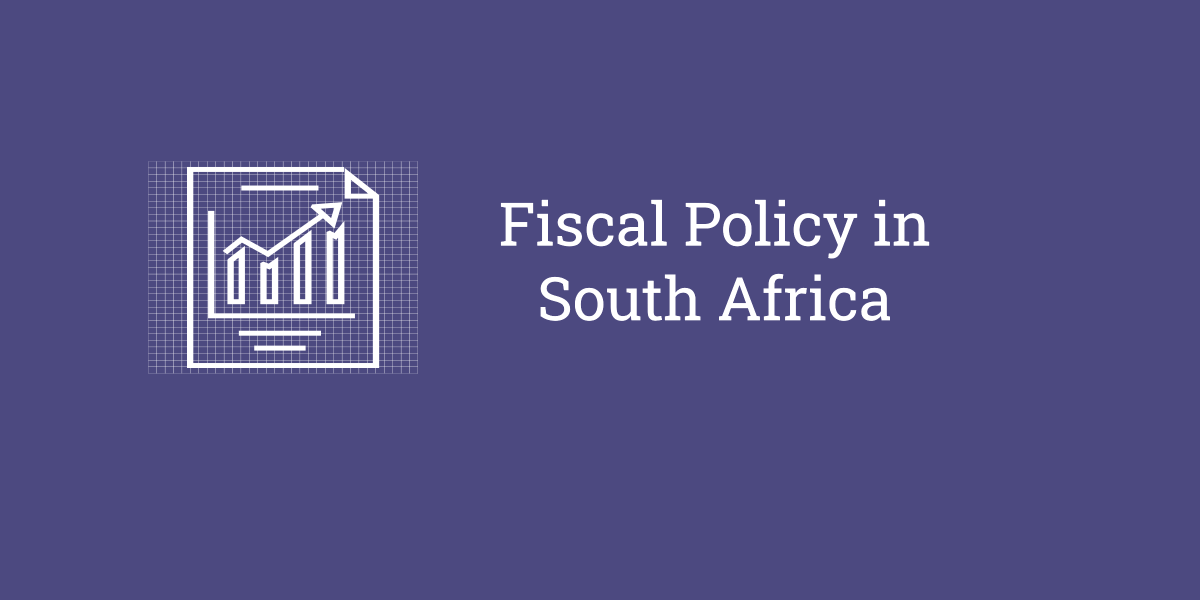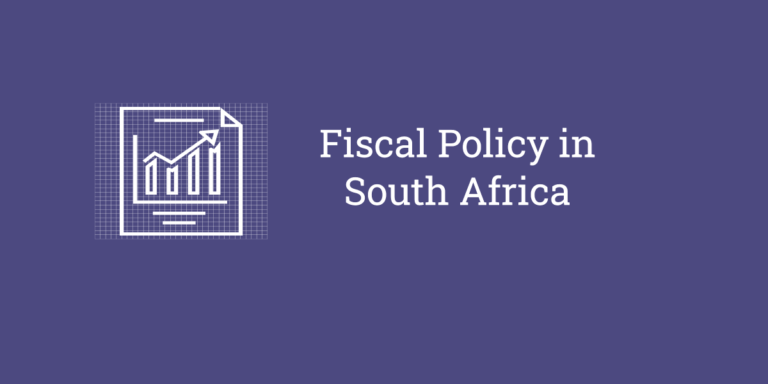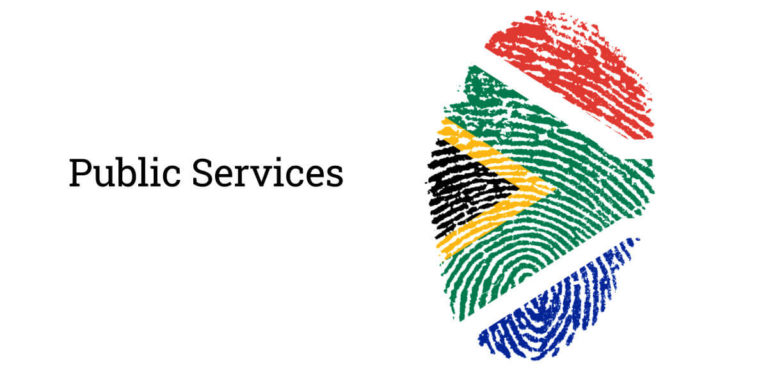‘We listen to everyone; only hear a few’ Minister Mboweni deviated from his Medium Term Budget Policy Statement (MTBPS 2020) speech to voice these words. Andile and Tumi wondered if they were even heard. Andile and Tumi were once upwardly mobile, but due to the lockdown face the prospect of a slide into long-term poverty. Andile and Tumi are called the ‘newly vulnerable’.
In 2018 – before the pandemic – researchers at the South African Labour Development Research Unit (SALDRU) showed that middle class were vulnerable, especially to job losses. The soundbite from this study – half of the middle class are a paycheque away from poverty. What happens to them? Do people become structurally unemployed or are they able to transition into new work? The historic data in South Africa offers a worrying answer to this question, people increasingly enter longterm unemployment.
Understanding the problem
Andile closed his coffee shop during lockdown. He shrugged at the editorial in the Atlas Almanac urging government to guarantee more credit for small businesses. Every entrepreneur knows that debt finances assets, not recurring expenses. Andile calculated paying off a bigger loan and estimated sales at 50% of pre-pandemic levels. He realised he would never be profitable. Another shrug as he wondered if the designers of the credit guarantee scheme had ever run a business.
In Andile’s case he knows paying salaries are impossible when recessions and pandemics combine. Andile did not shrug, he knew it was next to impossible to find a job during lockdown. He reasoned that he could pay a severance today but not later. He consoled his conscience – something was better than nothing. As Andile paid severances he wondered if Tito could marshal the courage to look a bread winner in the eye and retrench? He wondered if the podium of parliamentary privilege provided a buffer to say that grants will end in 2021 when jobs have not recovered?
Tumi is excited to graduate. Tumi’s job search involves intermediary organisations. She learned of these organisations in President Ramaphosa State of the Nation. She is confident that a match between her skills and a job will be possible. However, few opportunities have emerged from the intermediary organisation. She notices that all job adverts require experience, and that each week fewer adverts appear in her email.
Tumi reads in the Decolonisation Digest – ‘We need a flywheel propelled by people not things’. She wonders how the unemployed would connect with the “flywheel of infrastructure”. Tumi learned about flywheels from self-help guru Jim Collins. . She wonders if the Minister knows about the opposite of the flywheel, what Collins calls the doom loop effect. The doom loop effect is a situation where each new action or inaction makes the situation more difficult, akin to a downward spiral. One closed business, one missed job interview is what Andile and Tumi worry about. They know that each missed opportunity raises the prospect of getting stuck and falling behind in South Africa. Tumi argues that the doom loop exists because government allocates R10 billion on ‘bailing out’ South African Airways instead of expanding the public sector internship programme.
Budgets are about the future
The fiscal framework is a precise estimation of the future. It sets out income and expenditure estimates, and summarises the data in a set of percentages and ratios. Tomorrow is better if the fiscal targets are reached especially increasing non-interest spending. Tomorrow looks worse in the National Treasury view if we do not meet the goals. The fiscal framework however favours existing programmes, is influenced by insiders advocating bailouts for state companies and has a poor alignment with economic recovery plans. The fiscal framework is thus precise but far from an optimal aggregation of allocation choices.
Andile and Tumi have an imprecise future. For Andile, starting up again requires assessing the prospects and intensity of an economic recovery. Tumi needs to estimate the costs of job search in relation to limited funds and time. They both also need assets to implement a strategy.
A better budget closes the gap between the precision of the fiscal framework and the imprecise pathways that households take towards social mobility. Such a budget works within constraints but are informed by the lives of Tumi and Andile and those living even more precarious lives.
For this to happen South Africa needs fiscal rules. These rules would prioritise spending that enhances equality. The rules would identify priorities and scale programmes to meet these priorities. Programmes identified would be guaranteed allocations and last in line for cuts. South Africa would measure inputs into these programmes and the fiscal framework. Equally important, would be rules on acceptable levels of debt.
The rules could take many forms but at the core would be a commitment to employment creation and protecting social spending regardless of the economic conditions. Moreover, the rules create a buffer against the corrupt, and confront economic populism with hard choices.
The MTBPS 2020 does not listen to Andile and Tumi – the newly vulnerable. It is a harsh criticism of government but substantiated by reading the MTBPS 2020. For this reason, let us say: ‘Mr. Minister, we have listened, but we will not hear.’
Acknowledgements
Ayabonga Cawe, Nwabisa Nontenja and Sumaya Laher commented on drafts. They do not necessarily agree with all that is written, and any mistakes are my own.
Conceptually, this article draws extensively on the work of Adato, Cater and May.


